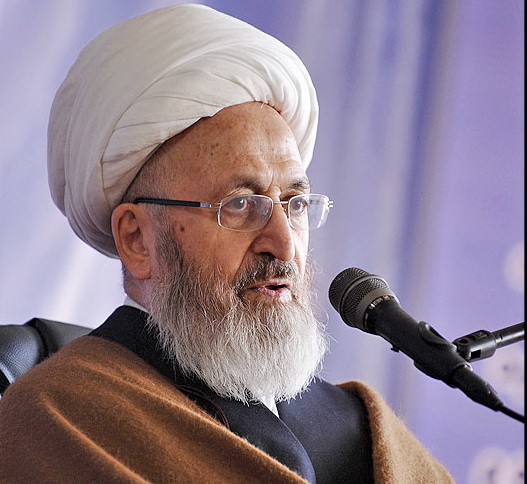Ways Of Acquiring Knowledge Of The Attributes Of God
Hawzah News Agency - Given the fact that the Essence of God is an infinite reality, having thus no like or equal, man has no way of grasping the depth of this Essence; he can only come to know God by way of an appreciation of God’s attributes of Beauty (jamal) and Majesty (jalal).
The attributes of Beauty are those which display the perfection of God’s nature, such as Knowledge, Power, Life, Will, and the like. As for the attributes of Majesty, they refer, on the contrary, to His being too exalted to be described by any attribute; they therefore refer [in the first instance] to a lack, an absence or inability. Now God is absolutely self-sufficient, utterly transcending all imperfection or deficiency. Possessing a material body, occupying a particular space, being established in a particular time, being a composite entity, and so on—all of these qualities fall into this type of attribute. Sometimes these two types of attribute are referred to as thubuti (affirmative) and salbi (negative), while the object to which both ultimately refer is one and the same.
In our discussion [in Chapter One] on the means of acquiring knowledge, we stated that the principal paths leading to the knowledge of objective truths are those opened up by the senses, the intellect and revelation. In order to acquire knowledge of the attributes of God, both of Beauty and Majesty, we can benefit from two of these paths: (a) the way of intellect, and (b) the way of revelation.
The Way of Intellect
Careful study of the created universe—along with meditation upon its secrets and its mysteries, all of which are part of God’s creation—leads us to a discovery of the perfections of God’s Being. Can one conceive of the raising up of the magnificent edifice of creation without the active involvement of some transcendent Knowledge, Power and Will? The Glorious Quran calls attention to this capacity of the intellect to arrive at the natural conclusion of such reflection, by inviting man to ponder deeply the signs of creation, both the external signs outside himself and the internal ones within his own soul:
Say: Behold what is in the heavens and the earth. (Sura Yunus, X: 101)
In such reflection upon the natural world, intellectual discernment operates with the assistance of the senses: it is the senses that first register the impressions of wonder and marvel upon beholding a particular, tangible phenomenon, and then the intellect discerns the glory and beauty of the Creator through this marvel of His creation.
The Way of Revelation
Once prophecy and revelation have been clearly upheld by decisive evidence, so that it is clear that both the Quran and the Hadith of the Prophet are inspired by God, it will naturally follow that the verses of the Scripture and the sayings of the Prophet will lead
one to an understanding of the attributes of God. Within these two sources, God has described Himself with the best of attributes; suffice to note here that the Quran mentions 135 names and attributes of God. The following verses contain several of these names:
He is God, other than Whom there is no god, the Sovereign Lord, the Holy One, Peace, the Keeper of Faith, the Guardian, the Majestic, the Compeller, the Superb. Glorified be God from all that they ascribe as partner (unto Him).
He is God, the Creator, the Shaper, the Fashioner. His are the most beautiful names. All that is in the heavens and the earth glorifieth Him, and He is the Mighty, the Wise. (Sura al-Hashr, LIX: 23–24)
Here, we should recall that those who subscribe to the mu’attila position—stripping God of all qualities—would deprive man of the lofty, sacred sciences made possible by the intellect and revelation on the question of the attributes of God. We would reply to this by asserting that if discussion and investigation of these sciences pertaining to the divine Names and Qualities were to be forbidden, the mentioning of all these attributes in the Quran, along with the command to meditate upon them, would have been utterly redundant.
Reference:
Ayatollah Jafar Sobhani, Doctrines of Shii Islam, A Compendium of Imami Beliefs and Practices, Translated and Edited by Reza Shah-Kazemi, published by I.B.Tauris Publishers, london • new york 2003

